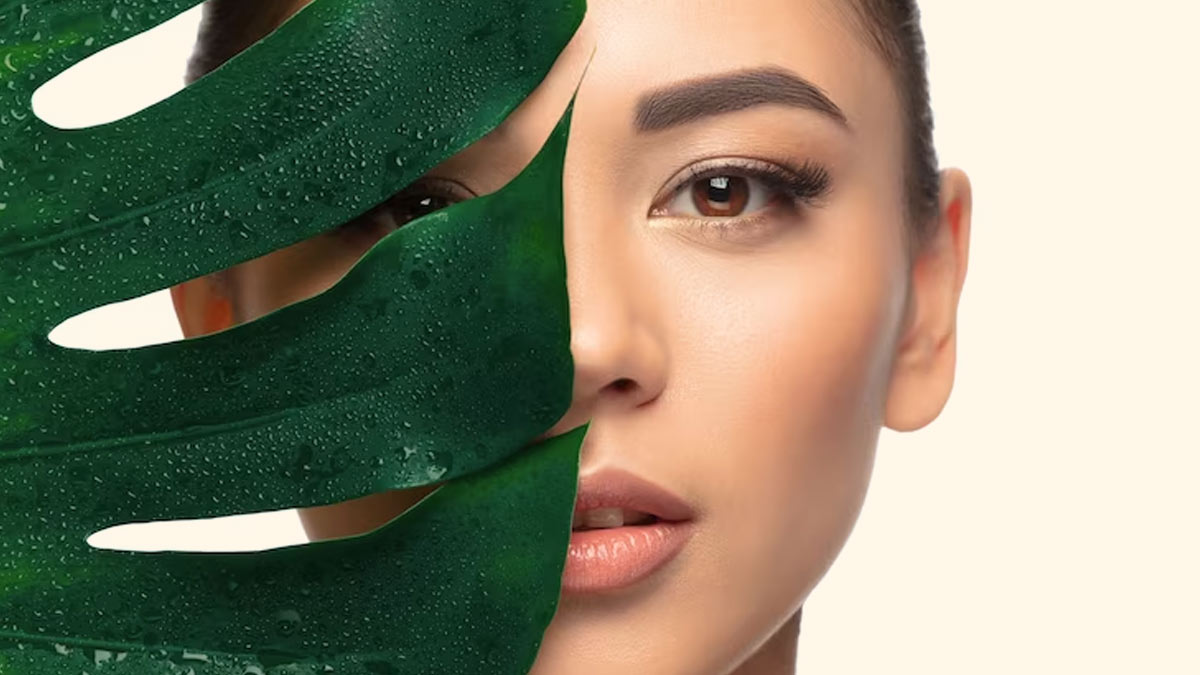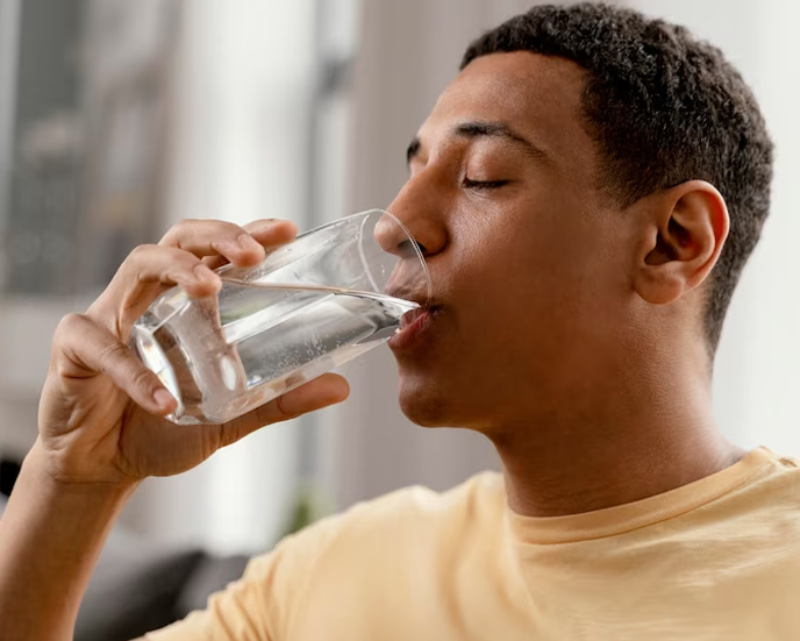
We all must have heard that drinking enough water can make your skin better. Staying hydrated by drinking an adequate amount of water is essential for overall health, and it can contribute to maintaining healthy skin. While water alone may not directly treat dry skin, but, proper hydration is an important factor in supporting skin health. Here's what a dermatologist might explain about the relationship between water and dry skin.
Table of Content:-
1. Hydration and Skin Moisture
“Drinking enough water helps to hydrate your body from the inside out. Well-hydrated skin is more likely to retain moisture, reducing the risk of dryness. However, keep in mind that water intake alone may not be sufficient to address all causes of dry skin,” said Dr SK Gupta, Dermatologist, DMCH, Darbhaga.

2. Moisturising from Within
According to Dr Gupta, water is a fundamental component of the body's cells, including skin cells. Proper hydration supports the body's natural functions, helping to keep skin cells plump and maintain elasticity.
Also read: Here Are 4 Benefits Of Face Steaming For Dry Skin
3. Preventing Dehydration
“Dehydration can contribute to dry skin. When the body is dehydrated, it prioritises essential organs over the skin, leading to dryness and potentially exacerbating skin conditions. Regular water intake helps prevent dehydration,” said Dr Gupta.
4. Complementary to Topical Moisturisers
While drinking water is beneficial, it is often recommended in conjunction with using topical moisturisers. Topical moisturisers create a barrier on the skin, locking in moisture and preventing water loss.

5. Environmental Factors
Dry skin can be influenced by environmental factors such as low humidity. In such cases, using a humidifier in your living space can help add moisture to the air and prevent skin dryness.
6. Individual Variations
The amount of water needed varies among individuals based on factors such as age, activity level, climate, and overall health. It's essential to listen to your body's signals and drink water accordingly.
7. Signs of Dehydration
Signs of dehydration, such as dark urine, dizziness, or a feeling of thirst, may indicate a need to increase water intake. Addressing dehydration can positively impact skin hydration.
8. Balanced Diet
In addition to water, a well-balanced diet with foods rich in vitamins and minerals, such as fruits and vegetables, contributes to overall skin health.
9. Limiting Caffeine and Alcohol
Excessive consumption of caffeinated and alcoholic beverages can contribute to dehydration. Moderation in these areas can help maintain skin hydration.
10. Consulting a Dermatologist
If dry skin persists despite adequate water intake and proper skincare, consulting a dermatologist is advisable. Dermatologists can provide personalised recommendations and address specific skin concerns.
Also read: Best Foods To Cope Up With Dry Skin By Dermatologist Dr Nivedita Dadu
Tips for Hydrated Skin
- Drink Water Throughout the Day: Sip water consistently throughout the day to maintain hydration.
- Choose Moisturisers Wisely: Use a moisturiser suitable for your skin type and apply it regularly, especially after bathing.
- Protect Your Skin: Wear sunscreen to protect your skin from sun damage, which can contribute to dryness.
- Avoid Hot Water: Hot water can strip the skin of natural oils. Use lukewarm water when bathing or washing your face.
While water is essential for skin health, it's part of a holistic approach to skincare. Combining proper hydration with a healthy lifestyle, a balanced diet, and appropriate skin care practices can contribute to maintaining supple and healthy skin.
Also watch this video
How we keep this article up to date:
We work with experts and keep a close eye on the latest in health and wellness. Whenever there is a new research or helpful information, we update our articles with accurate and useful advice.
Current Version